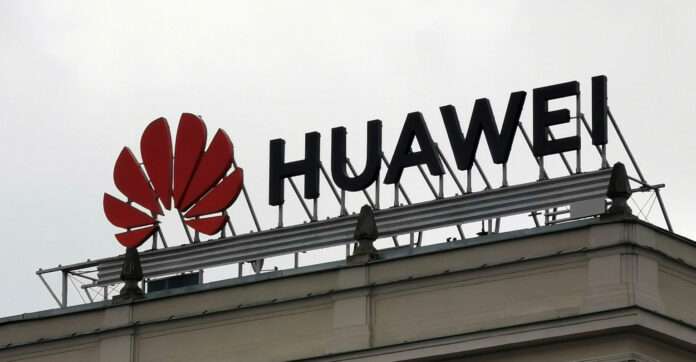Huawei ditches Oracle, builds its own ERP system
Calling it “the most extensive and complex transformation project Huawei has ever undertaken”, the company committed three years and thousands of staff to developing its own enterprise system known as MetaERP. Several local partners also contributed, including cybersecurity firm Qi An Xin Technology Group and software developers Kingdee International Software Group and Kingsoft, Huawei director Tao Jingwen said in a separate statement.
Huawei Technologies has developed enterprise IT management software to replace Oracle’s, taking another step toward reducing its reliance on US tech.
The telecommunications gear maker, which can’t use American technology without a licence, is developing in-house software and chips to shake off the effects of being placed on a US trade blacklist.
It’s replaced its legacy enterprise resource planning (ERP) system with a solution over which it “has full control”, it said in a statement Thursday.
Huawei’s dependence on Oracle became untenable when the Austin, Texas-based firm stopped providing software upgrades and on-site technical services after Washington’s trade curb in 2019.
Calling it “the most extensive and complex transformation project Huawei has ever undertaken”, the company committed three years and thousands of staff to developing its own enterprise system known as MetaERP. Several local partners also contributed, including cybersecurity firm Qi An Xin Technology Group and software developers Kingdee International Software Group and Kingsoft, Huawei director Tao Jingwen said in a separate statement.
Huawei declined to comment if it plans to commercialise MetaERP, which is currently for internal use only.
Dependencies
The replacement is in line with Beijing’s desire to cast off dependencies on foreign suppliers and develop self-sufficiency in key technologies. Chinese President Xi Jinping ordered the country to increase use of homegrown alternatives to replace foreign technologies, pledging more funding and tax stimuli to key research institutes.
Washington has imposed a series of restrictions on China’s tech industry, including blacklisting companies such as Huawei and Semiconductor Manufacturing International that are perceived as national champions. The US also implemented severe controls on the export of chips and chip-making equipment to China, effectively barring the world’s biggest contract chip maker, Taiwan’s TSMC, from making cutting-edge silicon for Chinese clients.
Huawei is growing more vocal about progress it’s making in developing indigenous technologies. Last month, a senior Huawei executive said the company has developed software tools capable of designing chips as advanced as 14 nanometres, moving closer to sidestepping US sanctions.
Source: techfocus24.com


